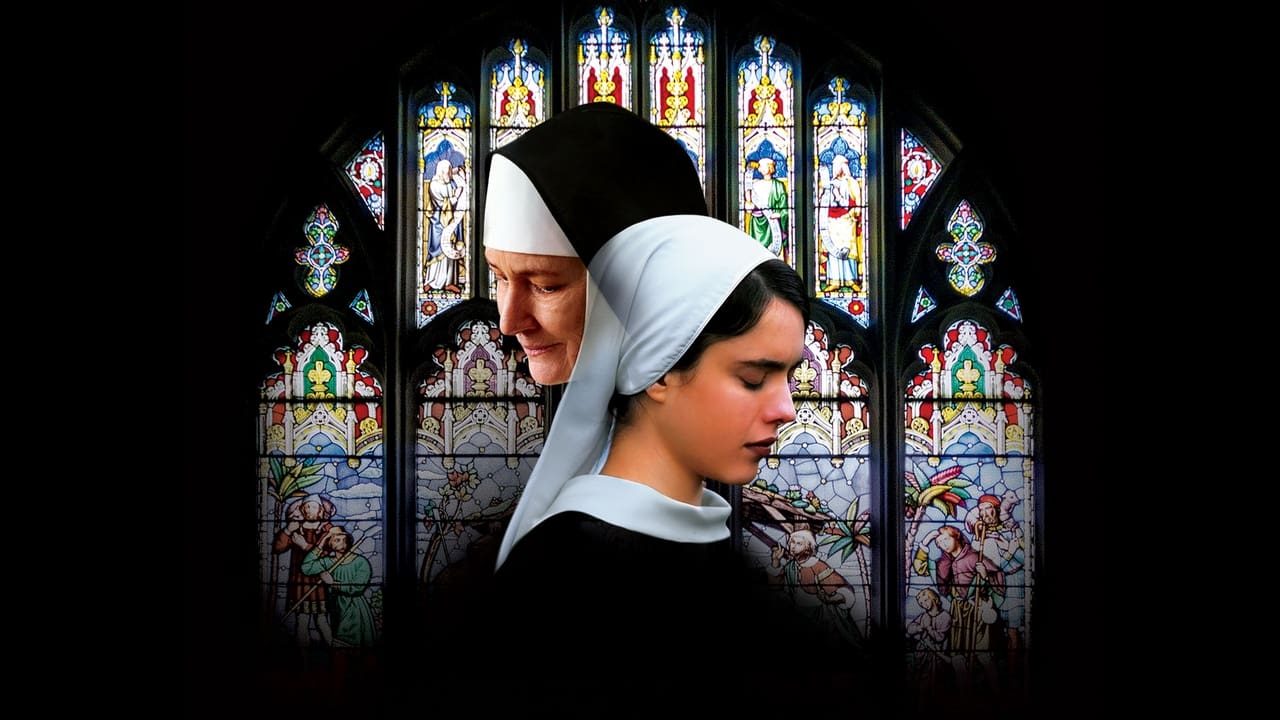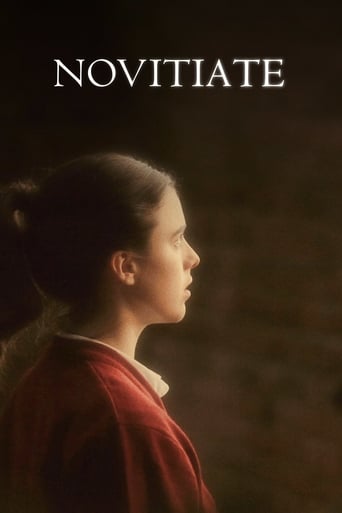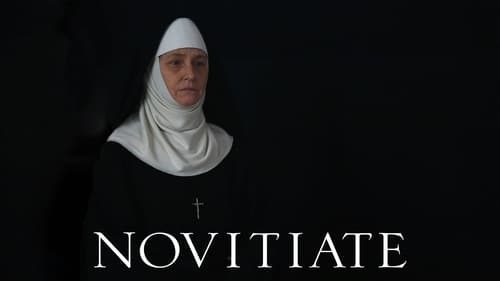



the audience applauded
It's fun, it's light, [but] it has a hard time when its tries to get heavy.
View MoreTrue to its essence, the characters remain on the same line and manage to entertain the viewer, each highlighting their own distinctive qualities or touches.
View MoreThis is one of the best movies I’ve seen in a very long time. You have to go and see this on the big screen.
View MoreThis movie is good at analysing the psychodrama of convent life but is likely a bit overdrawn and overwrought. As usual, there is an evil Mother Superior bent on humbling and humiliating the sisters and novices, this strays close to cliche but is well-played and genuinely scary. There are echoes of Nazi authoritarianism, e.g. inviting other sisters to condemn each other in a conspiratorial way. It's not all doom and gloom, there are moments of light relief but they are slightly cheesy. In the end, it's hard to decide whether the director is pro- or anti-Vatican II (and the Catholic church generally). We're told at the end that 90,000 nuns in the US renounced their vows after this liberalisation was introduced.
View MoreWriter and director Maggie Betts makes an auspicious debut with this excellent film - beautifully written, bringing a significant moment in Catholic history into view, and blends a dramatic story about the conflicts and rewards of life inside a convent to our attention. Her cast is excellent, the cinematography by Kat Westergaard is splendid, and the impressive musical score by Christopher Stark (with exceptional integration of moments from the Faure Requiem and music by Arvo Pärt), and perhaps most important is Betts' uncompromising, ultimately compelling questions of faith and feminism among the members of the convent and the young girls entering the mystery.The opening moments of the film offer statements about the impact of the 1960s Vatican II as instigated by Pope John XXIII on the life in the convents around the world. 1964. Cathleen Harris (Margaret Qualley), in her late teens, has resided at the Convent of the Beloved Rose in her home state in the American south for close to two years, first as a postulant for six months, before taking her first vows to become a novice. Unlike the other postulants and novices, Sister Cathleen was raised in a household without religion, let alone Catholicism. As such, her decision to become a nun, which went against abusive father (Chris Zylka) and her divorced mother's wishes (the mother is portrayed in a stunning manner by Julianne Nicholson), may be more secure in her mind than her colleagues for which this life course may be more bred within them. The convent is led by the Mother Abbess, Reverend Mother Marie Saint Clare (a brilliant Melissa Leo), whose entire life is this convent off of where she not stepped foot in forty years. Reverend Mother believes she is the voice of God within the walls of the convent, and thus does not tolerate any of the sisters questioning her authority. She also believes that the Catholicism which she has known all her life is perfect. When she receives an edict regarding the Second Vatican Council - more commonly referred to as Vatican II - which, opened in 1962 as a process to make the Catholic church more open to modern ideals, she refuses to implement any of the changes, let alone discuss the edict with any of the sisters, especially with the likes of Sister Mary Grace (Dianna Agron), the Mistress of Postulants and Novices who has more contemporary views of the church. Sister Cathleen's drive to become a nun is set against this backdrop, her process which is not as easy as it appears to the others, and whether she makes it to nun is affected by the Reverend Mother's strict methods and refusal to modernize. Her challenge to her beliefs and needs is brought into focus by the arrival of the sensuous Sister Emanuel (Nora Harris). The ritualism, the meaning of bells, the confession of faults, and the interaction of the young girls waiting to become novices and postulates is all painted subtly and with style. This is an exceptionally fine film that deserves a large audience.
View MorePrevious religious films have attempted to capture the topsy-turvy nature that the Catholic Church faced in the aftermath of the Second Vatican Council. However, this film gives that transition a new point of view in this film; in the past viewers have typically only seen the laity's, or common person's, struggle with accepting the changes of Vatican II. "Novitiate" gives the women of the Church a voice.The acting in the film was brilliant and beautifully captured the feelings that any young person would have if they would be giving their life away as in the film, especially regarding sexuality. However, some of the finer details of the film seem to have very little basis in research. While admittedly a banal item, the spoken Latin in the film was very off-putting. Also, an archbishop would not have full autonomy over a women's religious community as is portrayed in the film. Again, these are minor details, but minor details can make or break any film. Also, it seemed that the film was trying to suggest that the only people who could "make it" in a convent like this are the brainwashed, ill-informed members. The film would have done well to show some members of the community who were genuinely happy.The film did capture the chaotic nature that religious communities faced after Vatican II, but the film only ended up telling half the story. While it's true that most women's religious communities dwindled after the reforms, there were many more liberal leaning communities that thrived and used the reforms of the Council to better reach the outside world.Overall, though, this film offers the outsider a small glimpse of world that is otherwise completely cut off and separate from their own. "Novitiate" offers the viewer a chance to understand how the 21st century Church got to be where it is today.
View MoreNovitiate is a very solid debut film for Margaret Betts. It covers many themes from religion, faith, doubt, love, and internal turmoil of young girls who decide to devote their lives to God. The writing is good and the story moves fluently throughout the entire film with the exeption of maybe the last few minutes where things slow down a bit. Another positive thing about the writing is that it does not try to attack the church or ever turns into an anti-religion type of film. Everything is explored realistically. Especially the feelings of young girls who sometimes question their choices and ask themselves if it is really worth it. It is essentially a story about love, giving love, sometimes losing it and receiving it back. A vast topic but handled really well in my opinion. Another thing worth mentioning are the performances. All the actresses give great performances with Melissa Leo and Julianne Nicholson being the standouts. Recommended for that, good writing and solid direction.
View More